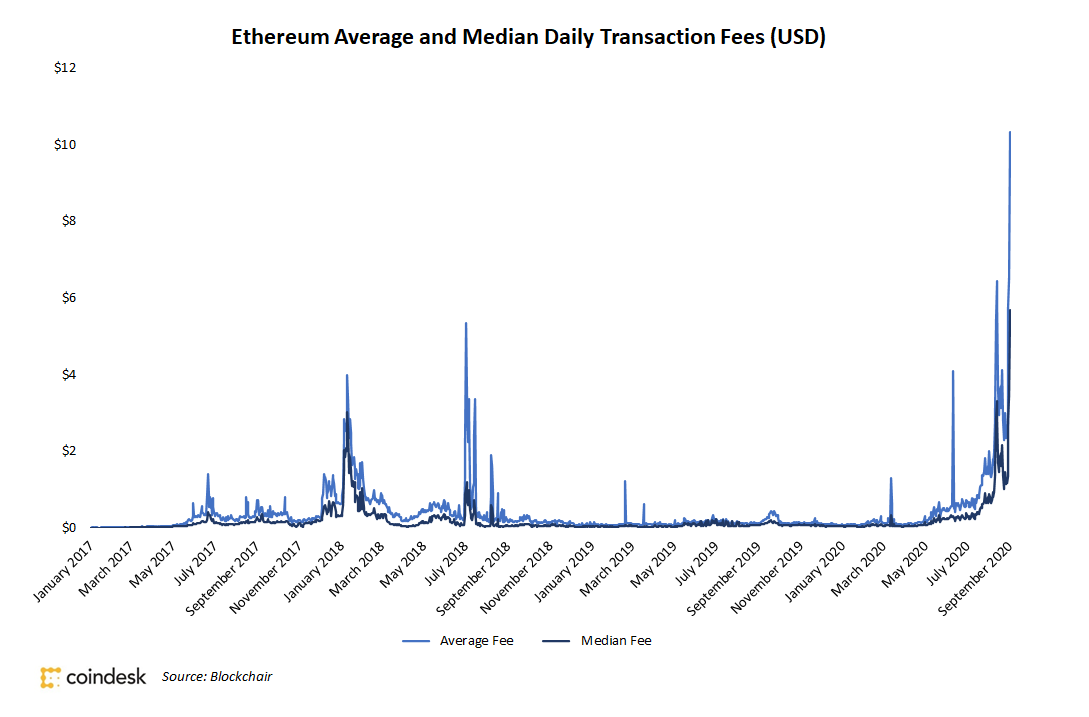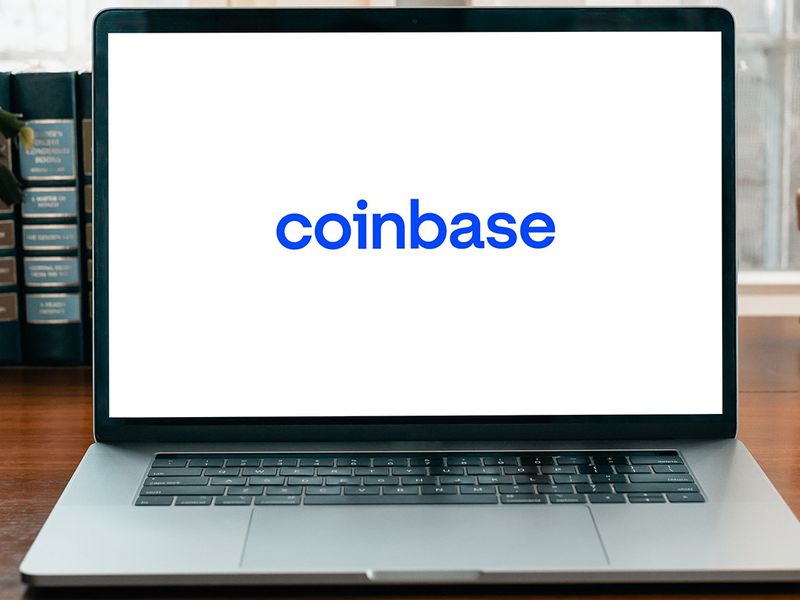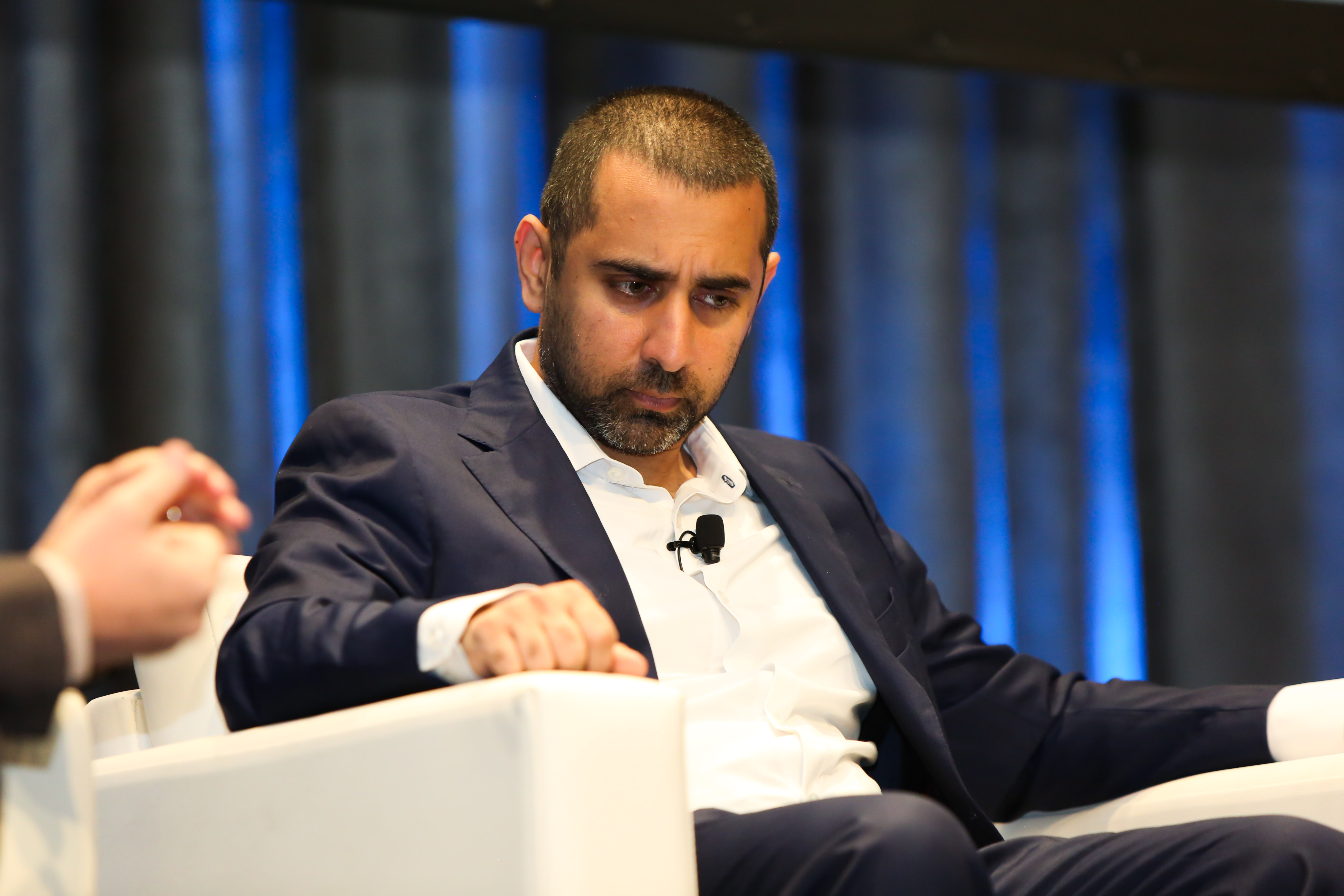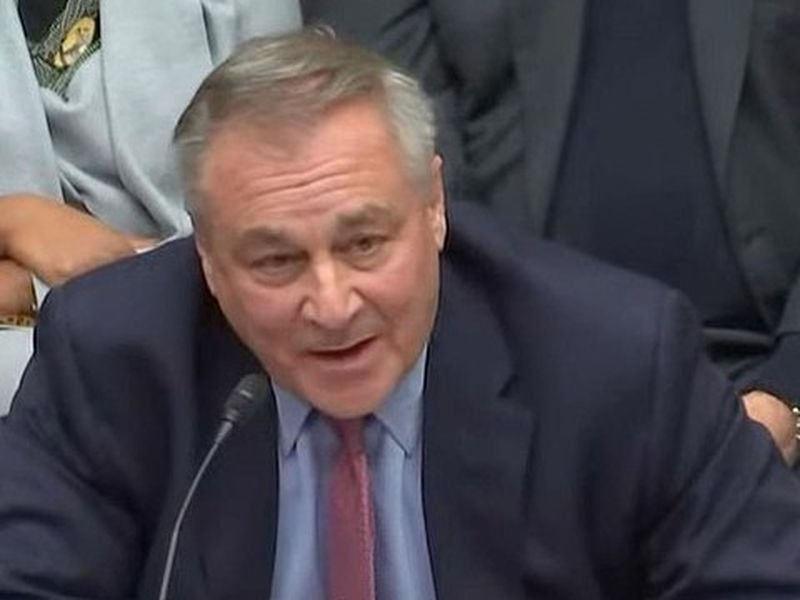Martin Köppelmann Is Fighting to Keep Crypto Tech on Track
/arc-photo-coindesk/arc2-prod/public/LXF2COBSKBCNHNRE3WTK2BZ7GE.png)
Martin Köppelmann, the Berlin-based co-founder of Gnosis Chain, has no problem speaking his mind. In addition to building some of the biggest blockchain tools on Ethereum, he is also looked to as a thought leader – a philosopher-developer with strong opinions on how blockchain tech can evolve without compromising on its core ethos.
Like many early blockchain enthusiasts, Köppelmann first learned about Bitcoin (BTC) in the aftermath of the 2008 financial crisis. He’d grown intrigued by a new German political group, a branch of the Pirate Party, which took a unique approach to group decision-making. “It was meant to be this very member-driven party, and they had this concept, ‘liquid democracy,’ where by default everyone can vote on everything,” Köppelmann explained in an interview.
This profile is part of CoinDesk’s Most Influential 2023. For the full list, click here.
Köppelmann joined the Pirate Party in 2010 as members were weighing whether to vote in favor of a eurozone bailout package for Greece, whose economy was in freefall.
“You need to dig deep into how money works, how central banking works,” Köppelmann recalled. “Previously I hadn’t thought about those things very much,” and exploring how money works and what it is was “how I discovered Bitcoin.”
Köppelmann’s first blockchain company, Fairlay, grew into the largest bitcoin-based prediction market before he sold it. “Over the years I became quite skeptical about bitcoin in many ways, but certainly, in that period, I was kind of a bitcoin maximalist,” said Köppelmann. “I quite quickly concluded that bitcoin is awesome because it shows other forms of money are possible, but the concrete form of bitcoin is not necessarily what I believe is the best for humanity.”
Today, Köppelmann is more closely associated with Ethereum. After meeting Joe Lubin, the Ethereum co-founder who now heads Consensys, a research and development firm behind the popular Metamask crypto wallet, Köppelmann became enthusiastic about the potential for programmable smart contracts and launched Gnosis, a betting market for the Ethereum ecosystem.
“The prediction stuff never became successful,” said Köppelmann, “but the infrastructure stuff eventually became successful.” Gnosis ultimately bought and merged with xDAI, another blockchain, to create a privacy-focused “side-chain” to help scale up Ethereum’s capabilities. Spin-offs from Gnosis, like Safe (a popular multi-signature wallet solution) and CoWSwap (a MEV-resistant exchange protocol) have become enormously successful independent of their parent project.
In addition to becoming a key builder in the Ethereum ecosystem, Köppelmann has also emerged as one of its most vocal critics – frequently calling out projects, infrastructure and technical updates that he feels fall short of the network’s founding ideals.
Köppelmann has sounded the alarm bell loudest on the issue of censorship, where he’s voiced concern that certain elements of Ethereum’s infrastructure – particularly the block that assembles most blocks – are kowtowing to government sanctions in a manner at odds with the network’s core philosophy.
“For a long time, I was very aligned with the broader Ethereum research community,” reflected Köppelmann. “But at least on this censorship or MEV topic, my opinion was a little bit different from where Ethereum was going. I certainly disagreed here.”









